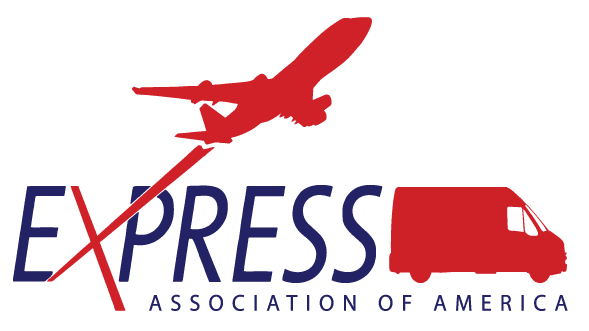The express industry is a strong supporter of USTR’s efforts to address barriers to market access in foreign countries, to include efforts to eliminate non-tariff trade barriers. Over several decades USTR has been successful in negotiating comprehensive agreements with other countries which have made significant progress in eliminating barriers to U.S. exports. The U.S.-Mexico-Canada Agreement (USMCA), concluded during President Trump’s first Administration, is the gold standard of such trade agreements, comprehensively addressing numerous areas and establishing important disciplines that help facilitate North American trade. USTR has also been successful in using the USMCA to hold Mexico and Canada accountable to its treaty obligations. These efforts do not always result in formal disputes under the USMCA, and do not generally make the headlines, but they demonstrate how comprehensive trade agreements, when properly and vigorously implemented, keep U.S. trading relationships on equal terms and work toward the benefit of companies operating in some or all of those markets.
The USTR FRN asks for identification of a range of practices or policies that could be considered unfair or non-reciprocal, yet it fails to precisely define what those terms encompass. It cites the Presidential Memorandum on Reciprocal Trade and Tariffs as one of the authorities for the FRN request, which implies that the imposition of tariffs is likely to be the remedy proposed to address the allegedly harmful practices and policies identified through this effort.
To be clear, reciprocity is an important goal in managing U.S. trade relations. However, cataloguing a long list of perceived unfair practices or irritants and attempting to convince our trade partners to change those polices by imposing non-strategic tariffs is unlikely to result in improved market access for U.S. products and services. Some of the United States’ most important trading partners have already announced they will retaliate against any new U.S. tariffs imposed with additional tariffs of their own. Tariffs are most effective when narrowly tailored to remedy specific instances of discrimination or unfair treatment and calibrated to minimize the impact on U.S. interests. In short, the main result of imposing broad based, non-strategic tariffs is usually a trade war which does not benefit U.S. interests.
EAA believes a more effective approach to establishing reciprocal terms of trade with our partners is the negotiation of comprehensive trade agreements. When properly conceived and strongly negotiated, such agreements can achieve a more reciprocal bilateral relationship without the destructive effects of tit-for-tat tariffs and retaliation.
In advocating for a return to negotiating trade agreements with our partners, we believe the inaction of the Biden administration evidences the drawbacks of taking less than a comprehensive approach. While the U.S. stood on the sidelines by establishing “frameworks” to talk about trade issues, other countries filled that leadership void by embarking on and completing trade agreements among major trading nations and markets. U.S. trade negotiations (like those with UK) started during President Trump’s first term stagnated.
EAA believes that establishing a more proactive trade agenda, building upon past successes like USMCA, is the most effective path to achieving more reciprocal terms of trade. EAA members understand how U.S. companies operate around the world and what they need to be successful. We stand ready to partner with the Administration to build a new Trump trade policy for the future.

